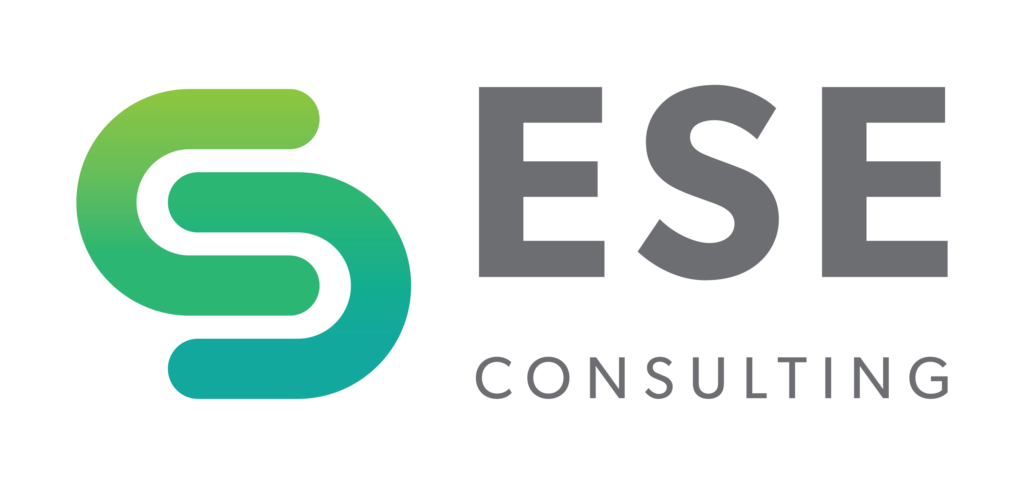When it comes to landing your dream job, there are many factors to consider.
“Even for the most competitive roles, there are steps you can take to improve your chances,” explains Michelle Johnson, Founding Director of ESE Consulting.
The application process
It all starts with the application process. Take your time to research and fully understand the position you’re applying for, and the organisation you’d be working for.
- Do you have the right stuff?
- Are you experienced and qualified?
- Is it a step forward or backwards in your career?
“It’s important to answer these questions before you apply. If you don’t completely understand the role, now is the time to find out,” says Michelle.
Answering key selection criteria
Approach the application methodically – most jobs these days have key selection criteria questions. Make sure you answer each one thoughtfully, honestly and concisely.
You need to address each question with an example of how and why you are capable of meeting the expectations.
Avoid writing too much though – employers will likely have a mountain of applications to wade through.
Writing the cover letter and your resume
Once you’ve completed and carefully addressed the key selection criteria, it’s time for your cover letter and resume. Again, brevity is your friend. While your parents are undoubtedly proud of you winning the Grade 4 maths competition, a potential employer is interested in more recent achievements!
When you submit your application, double check that you’ve covered everything you’re supposed to before you hit ‘send’.
First impressions
Also, consider what first impression you’re giving – a humorous email address may be great with friends and family, but may not be suitable in a professional context.
The job interview
After your concise, relevant, articulate job application impresses, it’s time for the interview. Many people are scared by job interviews. But with a little planning and preparation they don’t have to be terrifying. Look at them as a learning experience.
“Make sure you dress appropriately and give yourself plenty of time to get to the interview – there’s nothing worse than being stressed before you even sit down in front of the interviewer or panel,” explains Michelle.
Remember to be yourself
The most important thing to remember is to be yourself – it’s who you’re best at being. You want to show your skills and attributes without having to do a tap dancing show.
- Be confident
- Consider the words you choose
- Listen carefully
- Make eye contact – and if it’s a panel interview spread the eye contact around!
Use examples to show your skills
Use examples to illustrate your abilities rather than simply saying you’re good at things – it will help the interview panel consider your abilities in context. It will show that you’re focused and organised.
Research the employer
Where possible, illustrate that you have an understanding of your potential employer. You don’t have to retell their entire corporate history, but you do need to make it clear you respect what they do and that you’d like to be a part of their future. Look at their website and make notes!
A little bit nervous?
It’s ok to be nervous, and it’s ok to acknowledge it. However once you’ve mentioned it, let it go. Resist the temptation to continually apologise or get hung up on it.
You’ve come this far because the selection panel saw something in you, so don’t convince them they were wrong.
Asking questions at the interview
As an interview is wrapping up, you’ll often be asked if you have any questions. This is the opportunity to find out more about the role and to show some of your personality. Take a notepad with you and take notes throughout the interview to help formulate your questions.
After the interview
When all’s said and done, you should be leaving an interview having presented yourself as honestly and positively as you can.
Hopefully you’ll soon be receiving good news, but if not don’t become despondent, use the opportunity to improve by asking for feedback.
It’s unlikely that an interview panel will give brutally honest feedback but they should be able to give you an overview of areas where you can improve.
For more helpful tips, download our candidate information pack.
- ESE Consulting’s Candidate Information Pack 2023
Good luck, enjoy the process and have confidence in yourself!
